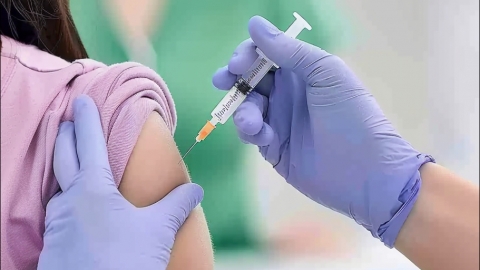Is hepatitis A vaccinated with a live attenuated or inactivated vaccine?
Generally speaking, "jia gan" (甲肝) refers to hepatitis A, "jian du" (减毒) refers to attenuated vaccines, and "mie huo" (灭活) refers to inactivated vaccines. Hepatitis A vaccines include both attenuated and inactivated vaccines, and both types can be used for the prevention of hepatitis A. Selection can be made according to individual circumstances and medical advice. Detailed explanations are as follows:

An attenuated vaccine is produced by artificially reducing the virulence of a pathogen while still maintaining its immunogenicity. The hepatitis A attenuated vaccine requires only a single dose to induce a good immune response in the body, stimulating the human immune system to produce lasting immune memory, thereby achieving the purpose of preventing hepatitis A, and it is relatively inexpensive. In contrast, an inactivated vaccine uses physical or chemical methods to render the hepatitis A virus non-infectious while preserving its antigenicity. The hepatitis A inactivated vaccine usually requires two doses, offers relatively higher safety, and provides more stable immunogenicity, which may be more suitable for individuals with weakened immune systems or specific health conditions.
In daily life, it is important to ensure safe drinking water by consuming boiled or purified water whenever possible. Regarding food choices, prioritize fresh and clean ingredients, and avoid eating food of unknown origin or that is undercooked, especially shellfish and other seafood. Additionally, maintain the cleanliness and disinfection of personal household items, such as tableware and toothbrushes, by regularly boiling or disinfecting them to reduce opportunities for viral transmission.








